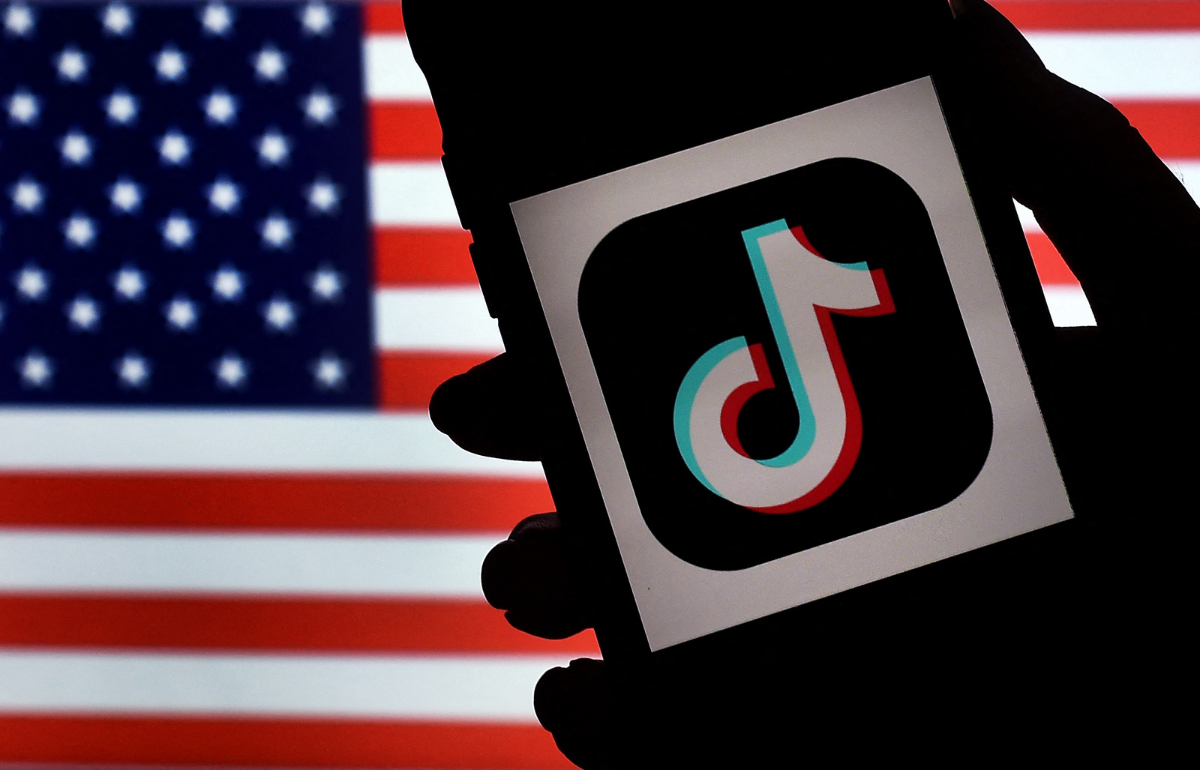TikTok and its parent company, ByteDance, filed a federal lawsuit on Tuesday seeking to block the newly passed law that would ban the popular social media app in the U.S. unless its Chinese owner sells it.
The suit, filed in the U.S. Court of Appeals for the D.C. Circuit, argues the law is a violation of Americans' First Amendment right to free speech. It also claims the provision that requires ByteDance to divest its ownership of TikTok's U.S. operation within nine months is not "commercially, technologically, or legally feasible."
The lawsuit was widely expected after President Joe Biden signed the bill into law on April 24. That began the nine-month countdown — which could be extended three months by the White House as progress is being made — for ByteDance to find a buyer for the app used by some 150 million Americans.
ByteDance said after the law was passed it has no plans to sell the social media platform, and has repeatedly claimed it is not beholden to the Chinese government.

In a 67-page petition that names Attorney General Merrick Garland as the respondent, ByteDance asks the court to declare the law unconstitutional and prevent Garland and the Department of Justice from enforcing it.
A spokesperson for the DOJ declined to comment on the lawsuit.
In filing the suit, ByteDance is effectively kicking off a legal process that many experts predict will end up in front of the Supreme Court. Other attempts to ban or curtail TikTok at the state level have been unsuccessful. Last year, after Montana lawmakers voted to ban the app statewide, a federal judge shot it down because it was overly restrictive.
"Although neither side is completely correct, the State has the better argument as to the level of scrutiny that should be applied," wrote Judge Donald Molloy in his decision granting a preliminary injunction. "However, even applying intermediate scrutiny, the State fails to show how [the state ban] is constitutionally permissible."
Back in 2020, federal courts also blocked a hastily written executive order from then-President Donald Trump that sought to ban the app outright.
The courts will have to weigh the determination by U.S. lawmakers and the intelligence community that TikTok — with its ties to Beijing — represents a national security threat, against the broad speech rights enshrined in the First Amendment.
There are political implications, too, given the legal fight is likely to play out in an election year. Polls show the public reaction to a TikTok ban or forced sale is mixed. About half of respondents supported a ban and younger people were far more likely to oppose, according to separate surveys by the Pew Research Center and CNBC conducted in March.
While the TikTok legislation itself has garnered bipartisan support, it is also unique in how it has divided Congress, making strange bedfellows among both Democrats and Republicans who rarely, if ever, vote together. When the House voted to pass the original bill, Representative Ro Khanna, a progressive Democrat from California, was joined in his 'no' vote by hard-right Republicans like Lauren Boebert of Colorado and Matt Gaetz of Florida. On the other side, liberals like Nancy Pelosi joined with conservative Republicans, including Dan Crenshaw of Texas, to support it.
Uncommon Knowledge
Newsweek is committed to challenging conventional wisdom and finding connections in the search for common ground.
Newsweek is committed to challenging conventional wisdom and finding connections in the search for common ground.
fairness meter
To Rate This Article
About the writer
Carlo Versano is a Newsweek editor based in New York, covering live and breaking news. He is an Emmy-winning journalist ... Read more





